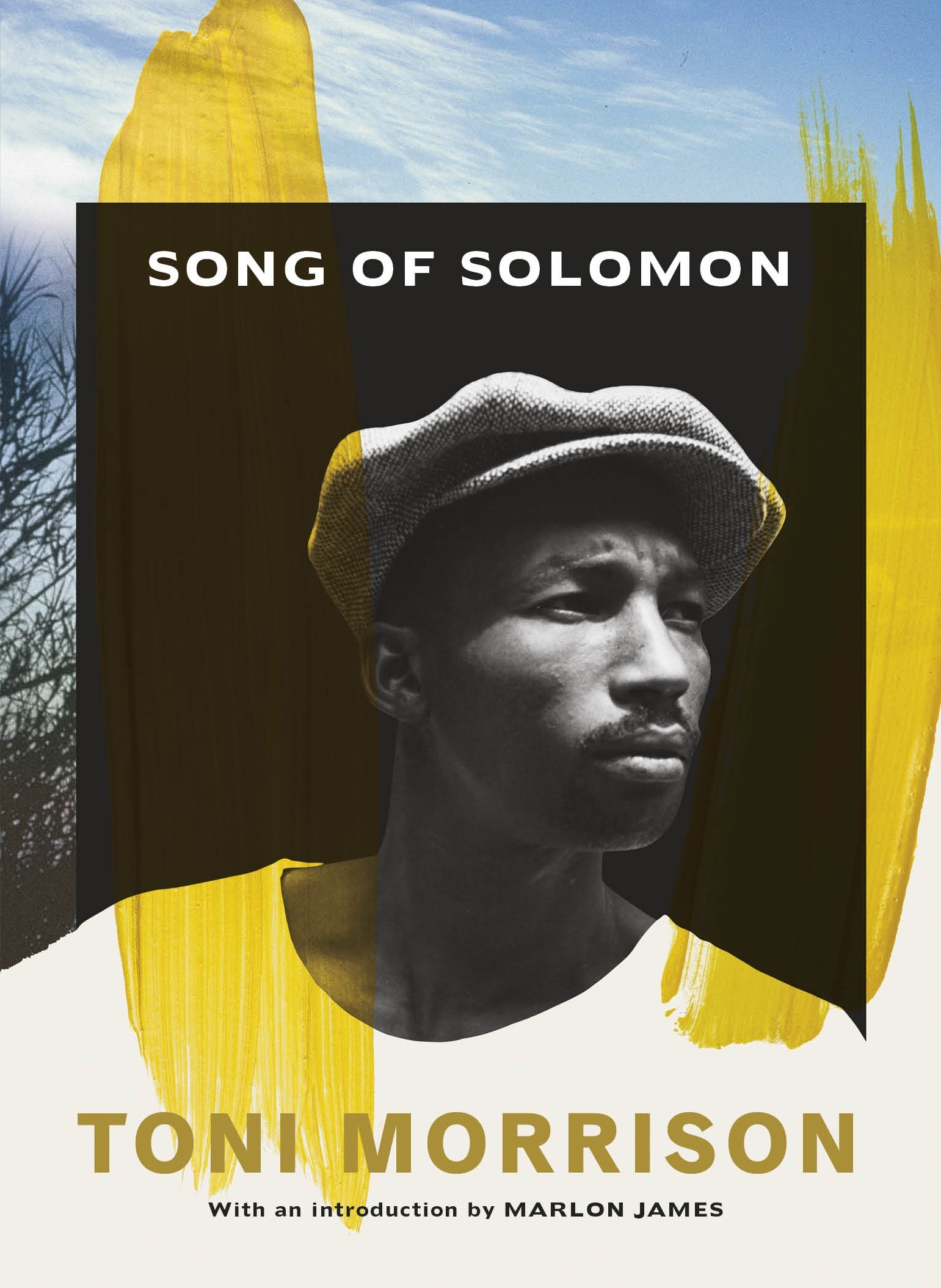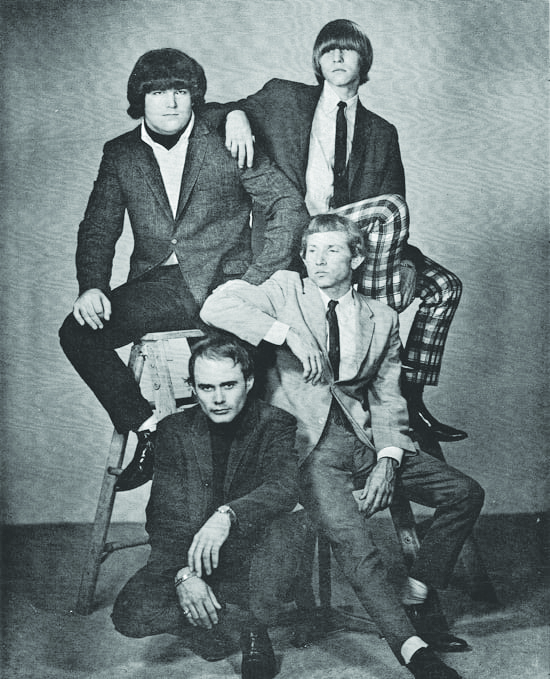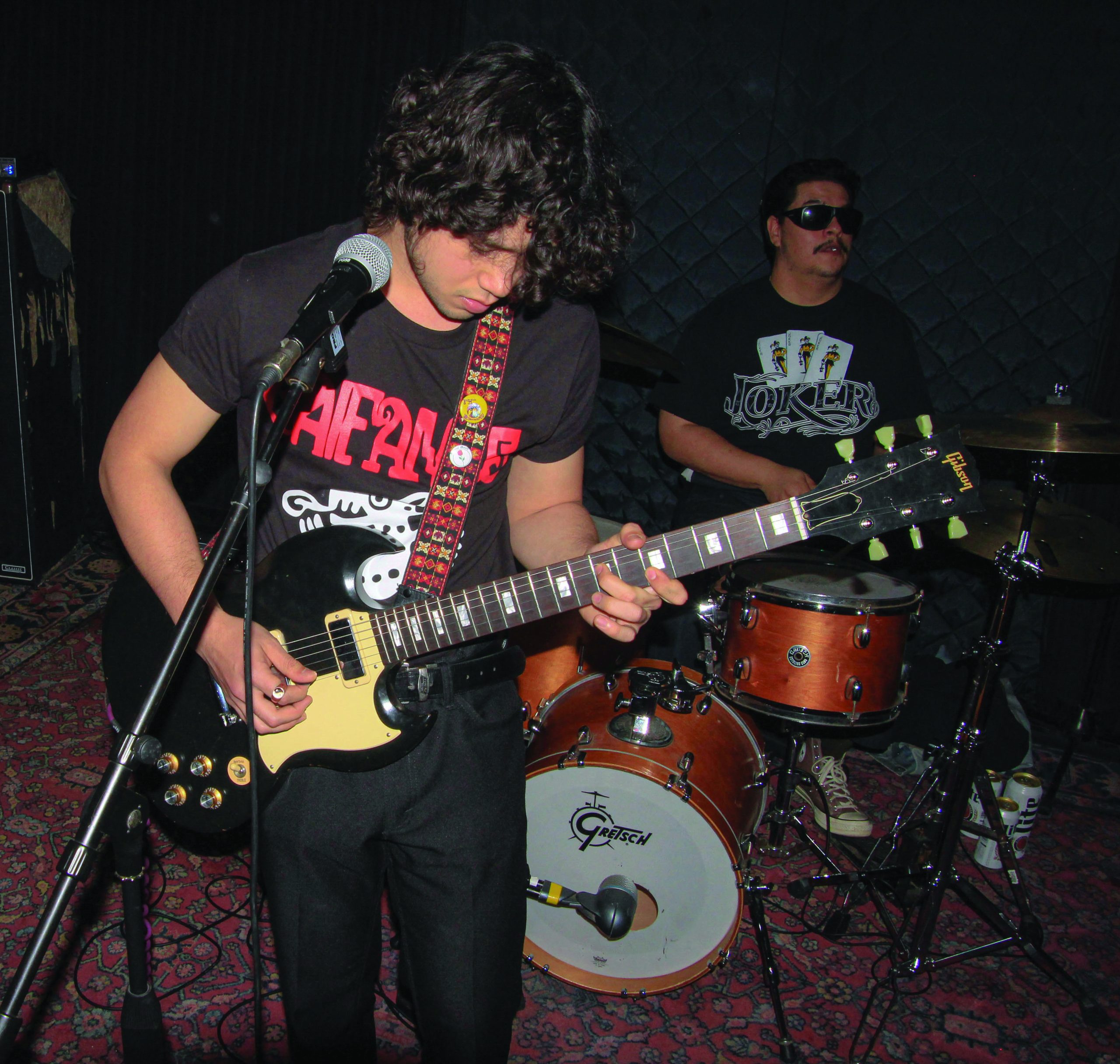In the month of February the Banned Books display celebrated Black History Month with banned novels by Black authors.
The well known titles such as The Color Purple and I Know Why the Caged Bird Sings are included. And there are other books which may not be as well known, but have been just as impactful, and ignited just as much dispute.

What is it about an idea that causes intellectual discomfort? I was intrigued to view these contended books through the convoluted lens of today’s society.
Song of Solomon (1977) by Toni Morrison
Song of Solomon is set in a fictional Midwest town from 1931 to 1963. A time when racism was sadly running rampant, and leading up to the decade where racial tension would reach its zenith.
The first chapter is a flurry of family history, a suicide and a graphic description of the sexual relationship between the mother and father of our protagonist.
We also quickly learn the origin of why everyone refers to the main character by his nickname, Milkman, when his mother Ruth, is discovered to be breast-feeding her son far beyond infancy.
One may interpret that at least some of the purpose of this act was sexual. It is also expressed that half of the pleasure Ruth obtained from this ritual was now lost because her secret was also lost and she practically did not leave the house for 2 months after the gossip spread.
As Milkman becomes an adult he learns more about his family and their mangled and tangled history, which can be likened to the history of black people as a whole.
A depiction of another scene is given describing Ruth’s relationship with her father, with him at her bedside, which also has sexual undertones to it.
A series of complicating events over time cause lasting rifts which are in motion long before Milkman is born. Yet they are what has defined his reality and he must navigate it.
As Milkman processes repressed trauma and learns shocking new details about his family, the author subtly hints at symptoms of mental illness creeping in.
Throughout the story there is an abundance of vulgarity. The theme of racism is also abundant, including racism aimed at blacks from fellow blacks.
The differences between blacks in the South are illustrated in contrast to those in the Northern part of the country where our story is set. The varying skin tones of black people are highlighted as well as the stereotypes and feelings associated with them.
As an adult, Milkman carries on an incestual relationship with his cousin, he witnesses domestic violence, uses vulgarities and racial & homophobic slurs. Though the reader can tell Milkman is not a bad person.
In August 1955, Milkman meets his best friend Guitar at a barbershop where all the men learn of the racially motivated killing of Emmit Till. Some of the men blame Till for bringing his fate upon himself, because he was from the North and did not know how blacks were expected to act in the South.
As the random killing of blacks continued, Milkman suspects that Guitar is involved in something that he is keeping secret. This hunch turns out to be correct.
Guitar reveals he is a part of a group of racially motivated domestic terrorists who retaliate against whites after black killings.
The protest Milkman has to this is that the vigilantes do not go after the murderers, they retort against innocent civilians. We know the adage, two wrongs don’t make a right.
This seems to be the most damaging aspect of the story, and what likely caused many to call for it to be banned.
It is easy to see that what the group of men are doing is wrong. While their actions are not condoned, it is easy to feel sympathy for their cause, given the brutal and senseless killings of blacks which happen often and just as often go unpunished.
While sexual thoughts and acts, suicide, murder, domestic violence and more are described in graphic detail, the author also paints vivid portraits of the characters.
Not merely in their physical appearances, but their inner dealings as well. We learn their motivations, the reasons for their disdain, their hopes, dreams, and their fears.
The graphic descriptions given are uncomfortable, especially those involving children with adults who may or may not have nefarious motives.
Ultimately the distressing situations throughout the story are necessary to give the full depth and environment of Milkman’s existence.
We learn the source of contempt that Milkman’s father has for his mother, and we gain his mother’s perspective on her breastfeeding the child past the appropriate age.
These newfound perspectives are confusing to the reader and turn a morally black and white situation into a more ambiguous one. Milkman does not know who or what to believe.
Overall this novel is a great literary work and truly for anyone searching for their self identity.
The awkward moments of the story are worth the life lessons about family, friendship and learning who we are through our individual and collective experiences.
Song of Solomon is an important novel, but I would strongly recommend it for AP high school seniors and older.





